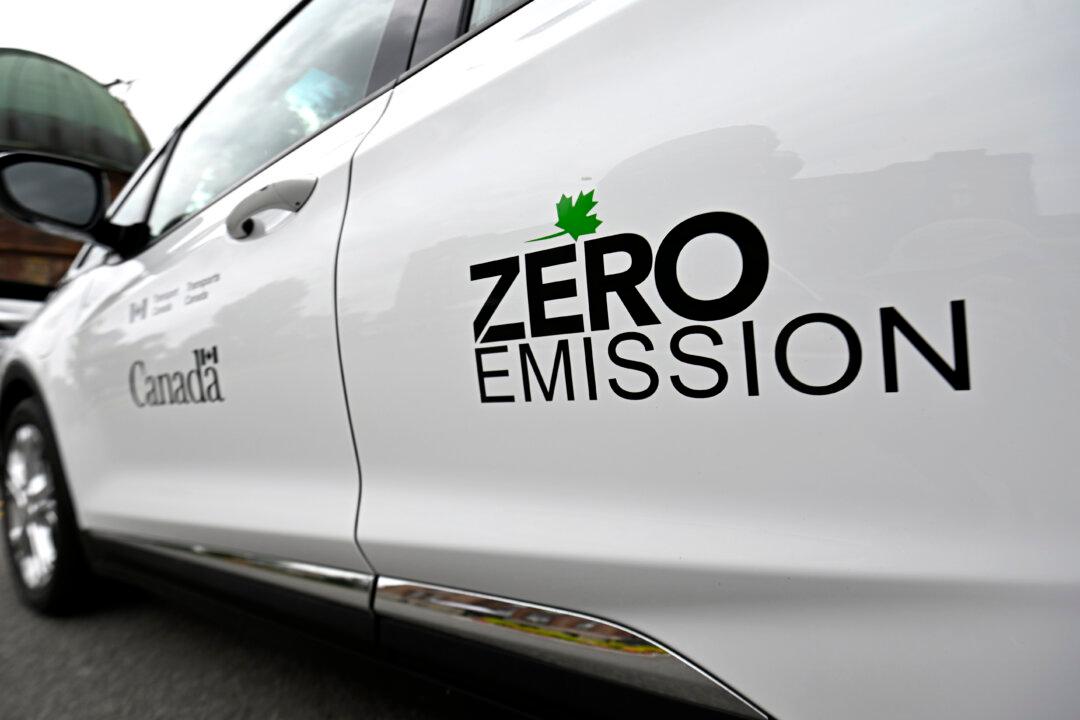The cost to taxpayers for government subsidies promoting electric vehicle (EV) purchases are going to pile up quickly, according to a new Fraser Institute report.
“The total economic bill for the politically dictated shift to EVs will be considerably greater than elected officials in Ottawa have acknowledged so far,” the think tank said.





